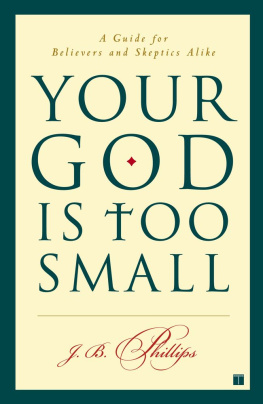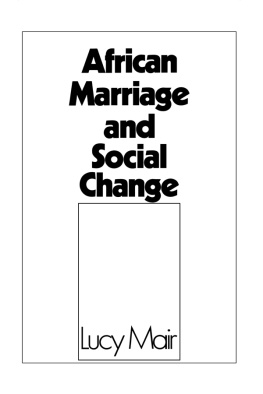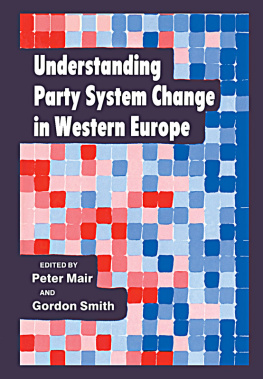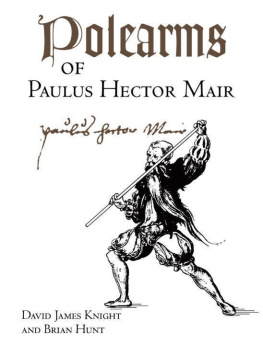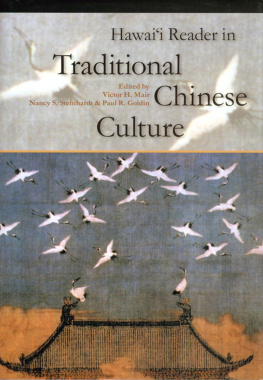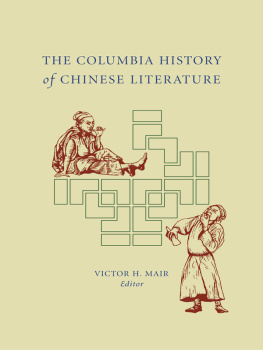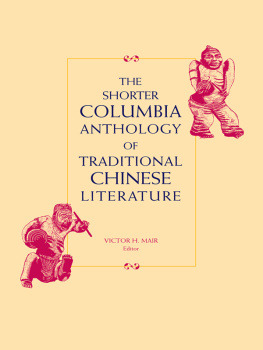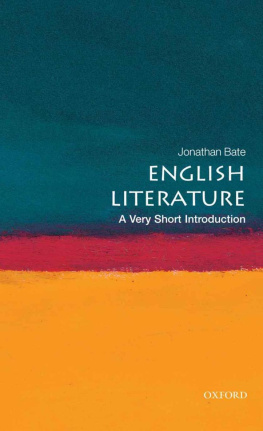CHAPTER I
Table of Contents
THE RENAISSANCE
Table of Contents
(1)
There are times in every man's experience when some sudden widening of the boundaries of his knowledge, some vision of hitherto untried and unrealized possibilities, has come and seemed to bring with it new life and the inspiration of fresh and splendid endeavour. It may be some great book read for the first time not as a book, but as a revelation; it may be the first realization of the extent and moment of what physical science has to teach us; it may be, like Carlyle's "Everlasting Yea," an ethical illumination, or spiritual like Augustine's or John Wesley's. But whatever it is, it brings with it new eyes, new powers of comprehension, and seems to reveal a treasury of latent and unsuspected talents in the mind and heart. The history of mankind has its parallels to these moments of illumination in the life of the individual. There are times when the boundaries of human experience, always narrow, and fluctuating but little between age and age, suddenly widen themselves, and the spirit of man leaps forward to possess and explore its new domain. These are the great ages of the world. They could be counted, perhaps, on one hand. The age of Pericles in Athens; the less defined age, when Europe passed, spiritually and artistically, from what we call the Dark, to what we call the Middle Ages; the Renaissance; the period of the French Revolution. Two of them, so far as English literature is concerned, fall within the compass of this book, and it is with one of themthe Renaissancethat it begins.
It is as difficult to find a comprehensive formula for what the Renaissance meant as to tie it down to a date. The year 1453 A.D., when the Eastern Empirethe last relic of the continuous spirit of Romefell before the Turks, used to be given as the date, and perhaps the word "Renaissance" itself"a new birth"is as much as can be accomplished shortly by way of definition. Michelet's resonant "discovery by mankind of himself and of the world" rather expresses what a man of the Renaissance himself must have thought it, than what we in this age can declare it to be. But both endeavours to date and to define are alike impossible. One cannot fix a term to day or night, and the theory of the Renaissance as a kind of tropical dawna sudden passage to light from darknessis not to be considered. The Renaissance was, and was the result of, a numerous and various series of events which followed and accompanied one another from the fourteenth to the beginning of the sixteenth centuries. First and most immediate in its influence on art and literature and thought, was the rediscovery of the ancient literatures. In the Middle Ages knowledge of Greek and Latin literatures had withdrawn itself into monasteries, and there narrowed till of secular Latin writing scarcely any knowledge remained save of Vergil (because of his supposed Messianic prophecy) and Statius, and of Greek, except Aristotle, none at all. What had been lost in the Western Empire, however, subsisted in the East, and the continual advance of the Turk on the territories of the Emperors of Constantinople drove westward to the shelter of Italy and the Church, and to the patronage of the Medicis, a crowd of scholars who brought with them their manuscripts of Homer and the dramatists, of Thucydides and Herodotus, and most momentous perhaps for the age to come, of Plato and Demosthenes and of the New Testament in its original Greek. The quick and vivid intellect of Italy, which had been torpid in the decadence of mediaevalism and its mysticism and piety, seized with avidity the revelation of the classical world which the scholars and their manuscripts brought. Human life, which the mediaeval Church had taught them to regard but as a threshold and stepping-stone to eternity, acquired suddenly a new momentousness and value; the promises of the Church paled like its lamps at sunrise; and a new paganism, which had Plato for its high priest, and Demosthenes and Pericles for its archetypes and examples, ran like wild-fire through Italy. The Greek spirit seized on art, and produced Raphael, Leonardo, and Michel Angelo; on literature and philosophy and gave us Pico della Mirandula, on life and gave us the Medicis and Castiglione and Machiavelli. Thenthe invention not of Italy but of Germanycame the art of printing, and made this revival of Greek literature quickly portable into other lands.
Even more momentous was the new knowledge the age brought of the physical world. The brilliant conjectures of Copernicus paved the way for Galileo, and the warped and narrow cosmology which conceived the earth as the centre of the universe, suffered a blow that in shaking it shook also religion. And while the conjectures of the men of science were adding regions undreamt of to the physical universe, the discoverers were enlarging the territories of the earth itself. The Portuguese, with the aid of sailors trained in the great Mediterranean ports of Genoa and Venice, pushed the track of exploration down the western coast of Africa; the Cape was circumnavigated by Vasco da Gama, and India reached for the first time by Western men by way of the sea. Columbus reached Trinidad and discovered the "New" World; his successors pushed past him and touched the Continent. Spanish colonies grew up along the coasts of North and Central America and in Peru, and the Portuguese reached Brazil. Cabot and the English voyagers reached Newfoundland and Labrador; the French made their way up the St. Lawrence. The discovery of the gold mines brought new and unimagined possibilities of wealth to the Old World, while the imagination of Europe, bounded since the beginning of recorded time by the Western ocean, and with the Mediterranean as its centre, shot out to the romance and mystery of untried seas.
It is difficult for us in these later days to conceive the profound and stirring influence of such an alteration on thought and literature. To the men at the end of the fifteenth century scarcely a year but brought another bit of received and recognized thinking to the scrap-heap; scarcely a year but some new discovery found itself surpassed and in its turn discarded, or lessened in significance by something still more new. Columbus sailed westward to find a new sea route, and as he imagined, a more expeditious one to "the Indies"; the name West Indies still survives to show the theory on which the early discoverers worked. The rapidity with which knowledge widened can be gathered by a comparison of the maps of the day. In the earlier of them the mythical Brazil, a relic perhaps of the lost Atlantis, lay a regularly and mystically blue island off the west coast of Ireland; then the Azores were discovered and the name fastened on to one of the islands of that archipelago. Then Amerigo reached South America and the name became finally fixed to the country that we know. There is nothing nowadays that can give us a parallel to the stirring and exaltation of the imagination which intoxicated the men of the Renaissance, and gave a new birth to thought and art. The great scientific discoveries of the nineteenth century came to men more prepared for the shock of new surprises, and they carried evidence less tangible and indisputable to the senses. Perhaps if the strivings of science should succeed in proving as evident and comprehensible the existences which spiritualist and psychical research is striving to establish, we should know the thrill that the great twin discoverers, Copernicus and Columbus, brought to Europe.





